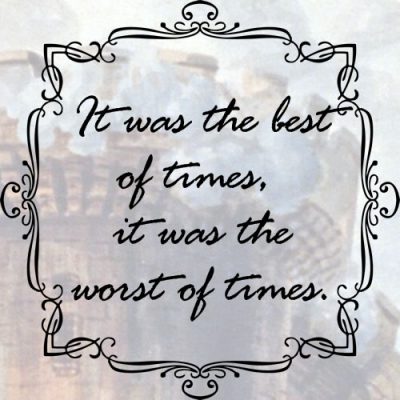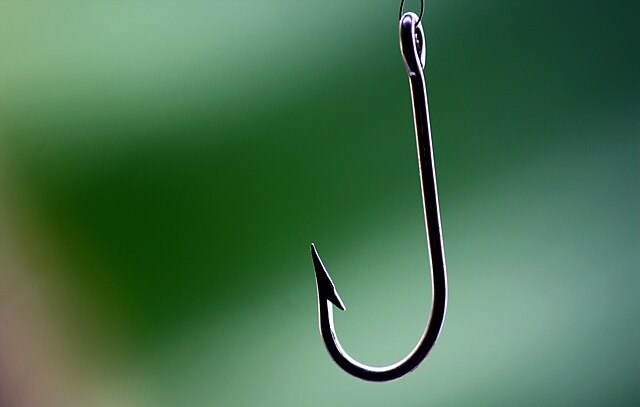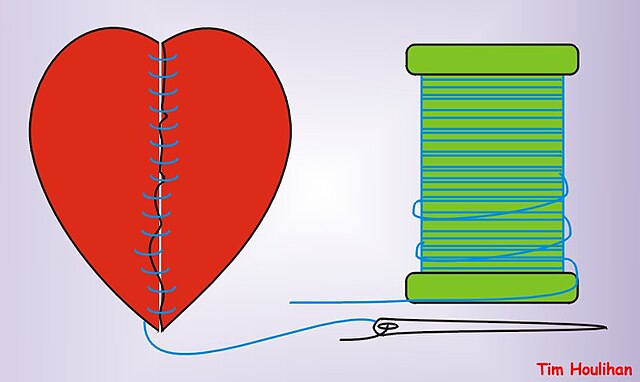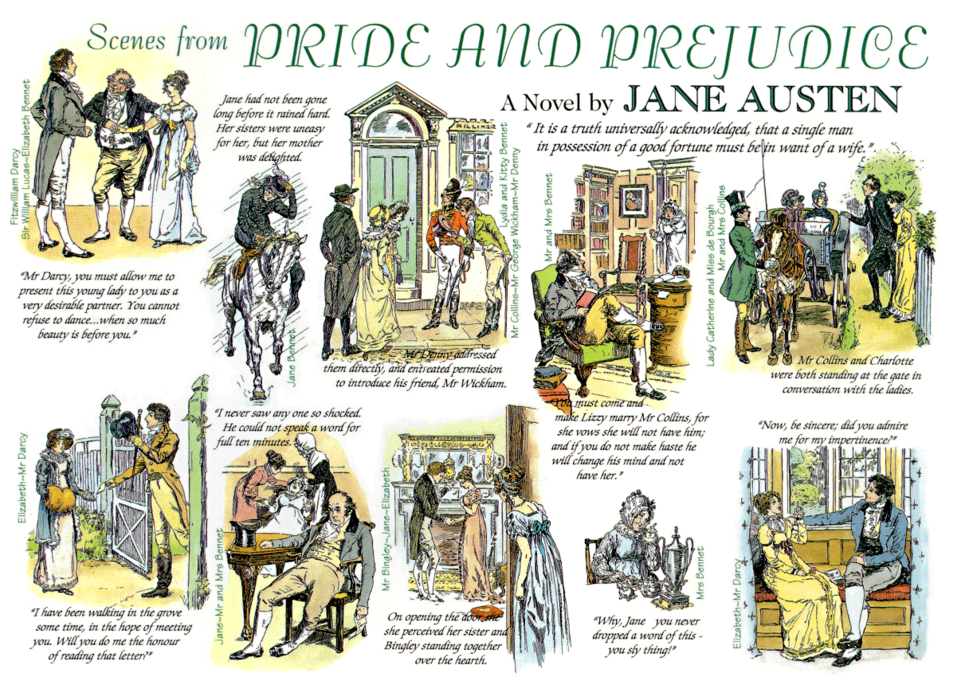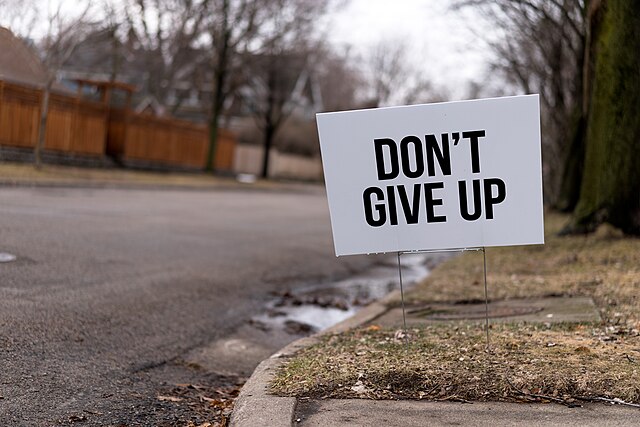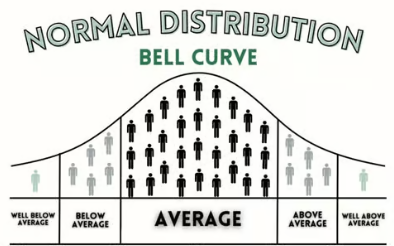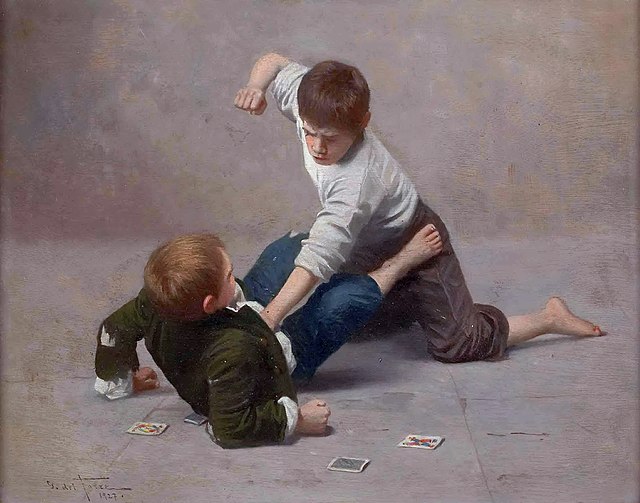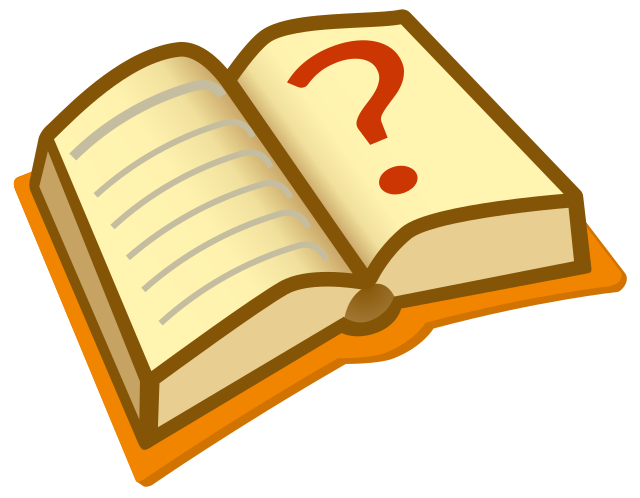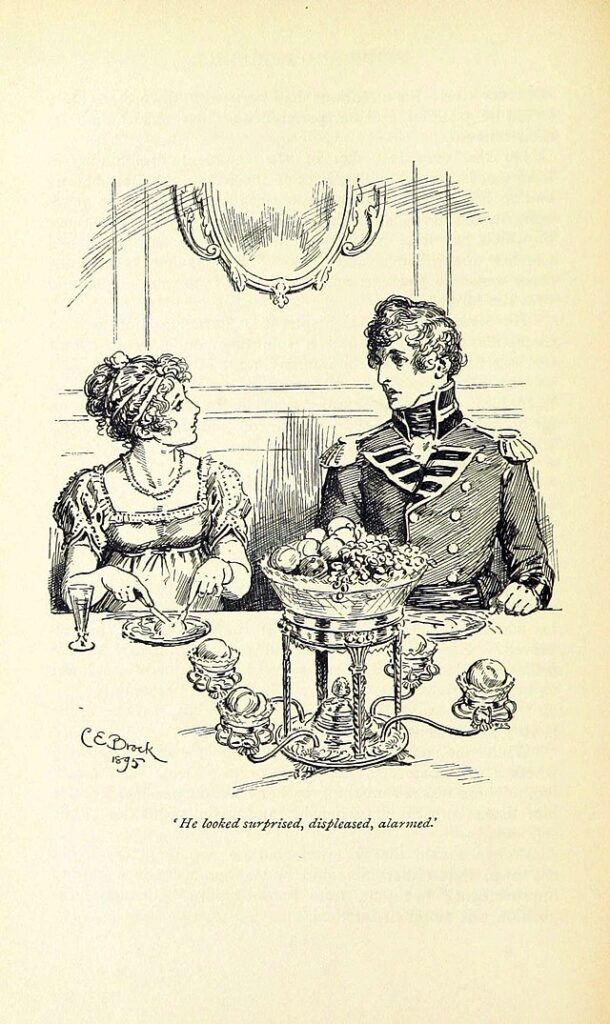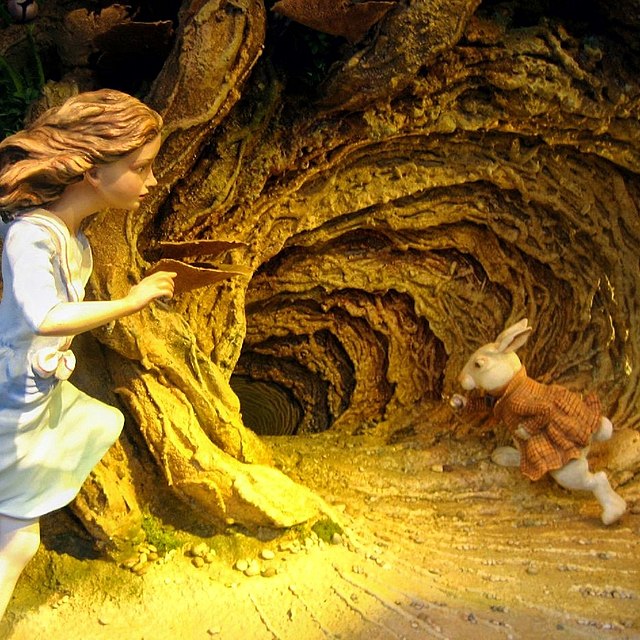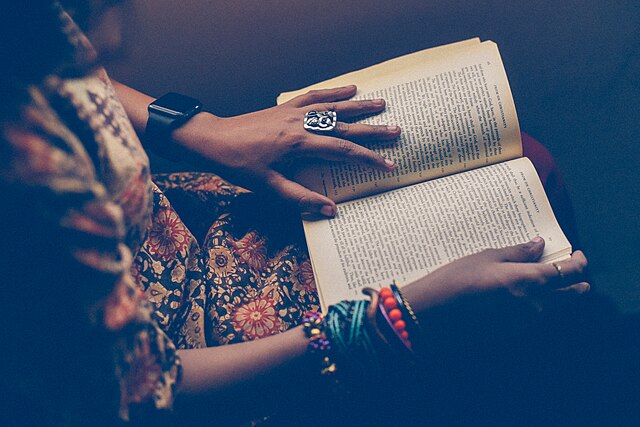Self-Publishing
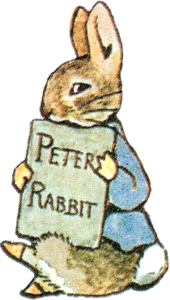
I decided to self-publish my contemporary romances after unsuccessful attempts at the traditional route. There are pros and cons to making this decision and lots of issues to consider. Will you pay someone to edit and format your novel? What about the cover design? What platform/s should you upload to? How will you market the book and ensure that it is discoverable in the vast sea of already-published works? Can you even compete with books which have been through the traditional cycle of professional production, have access to bookshops and supermarkets, and a decent marketing budget?
Why?
I think there are two key reasons to self-publish. One is the control that you retain as the author, over all aspects of the process, the other is the higher royalties that you receive (no commission to a literary agent, no sharing of the spoils with the publisher). If you ‘make it’, like Beatrix Potter, Hugh Howey and Colleen Hoover, it can be incredibly rewarding. But what if you don’t? What do you get out of it? A book in your hand, that’s what, the knowledge that it’s out there and being read, the thrill of receiving that first five star review from someone other than a friend or family member. There’s nothing like it.
Why Not?
But authors like Howey and Hoover are the exception, not the rule. Self-publishing can be a constant uphill battle. Traditionally-published authors receive an advance, professional editorial support, design and publicity/marketing teams (though I hear that self-promotion is needed more and more even when authors take the traditional route – either way, this is not great news for introverts!). Self-publishing can also be time-consuming and costly, depending on how much time and money an author is willing to invest. It can be difficult, if not impossible, to get your book in front of readers. In addition, there’s the undeniable fact that readers will review your book by holding it to the same standard as a professionally-published book, so it had better be the best you can make it!
Experience
So how did I go about it? I opted for Kindle Direct Publishing, Amazon’s self-publishing platform, because of its share of the market. Because I wanted the process to be as professional as possible, I used a reputable company for proof reading, cover design, formatting and uploading. I’ll admit, it was also because I was daunted by the whole thing and fearful of doing a bad job.
I was naïve; I assumed sales would be immediate. I had no awareness of how difficult it was to get a novel discovered by readers. So what did I do? I uploaded my book to Goodreads and started interacting there, with some traction; tried Amazon promotions and Facebook ads, with little success; I offered Giveaways to boost awareness and reviews; I promoted on social media; I used Book Cave for reach; I contacted bloggers and the purchaser for my local libraries, receiving positive responses; and I got an editorial review, though this had zero impact.
It’s been a year and a half since that first book, The Strange Imagination of Pippa Clayton, was published, and I’ve learned a lot. It’s currently got twenty-four ratings with an average of 4.3 stars, and thirteen reviews on Amazon UK. My three books have been read and largely enjoyed in multiple countries. It’s a far cry from the dizzy heights of bestseller status, but when I look at the books on my shelf, I’m proud and, importantly, motivated to keep going, to keep learning, to keep writing.
Final Thoughts
Have you self-published? What has your experience been like?
If you haven’t, would you consider it? Why/why not?
Structuring Scenes
How to craft scenes with purpose
I watched another excellent webinar recently. The content was helpful as both a planning tool and as an editing tool. Scene structure mimics story structure, but on a…
On The Honest Authors’ podcast, Gillian McAllister once mentioned that she was asked, “Do you really think that?” about something controversial she’d written in one of her novels….


